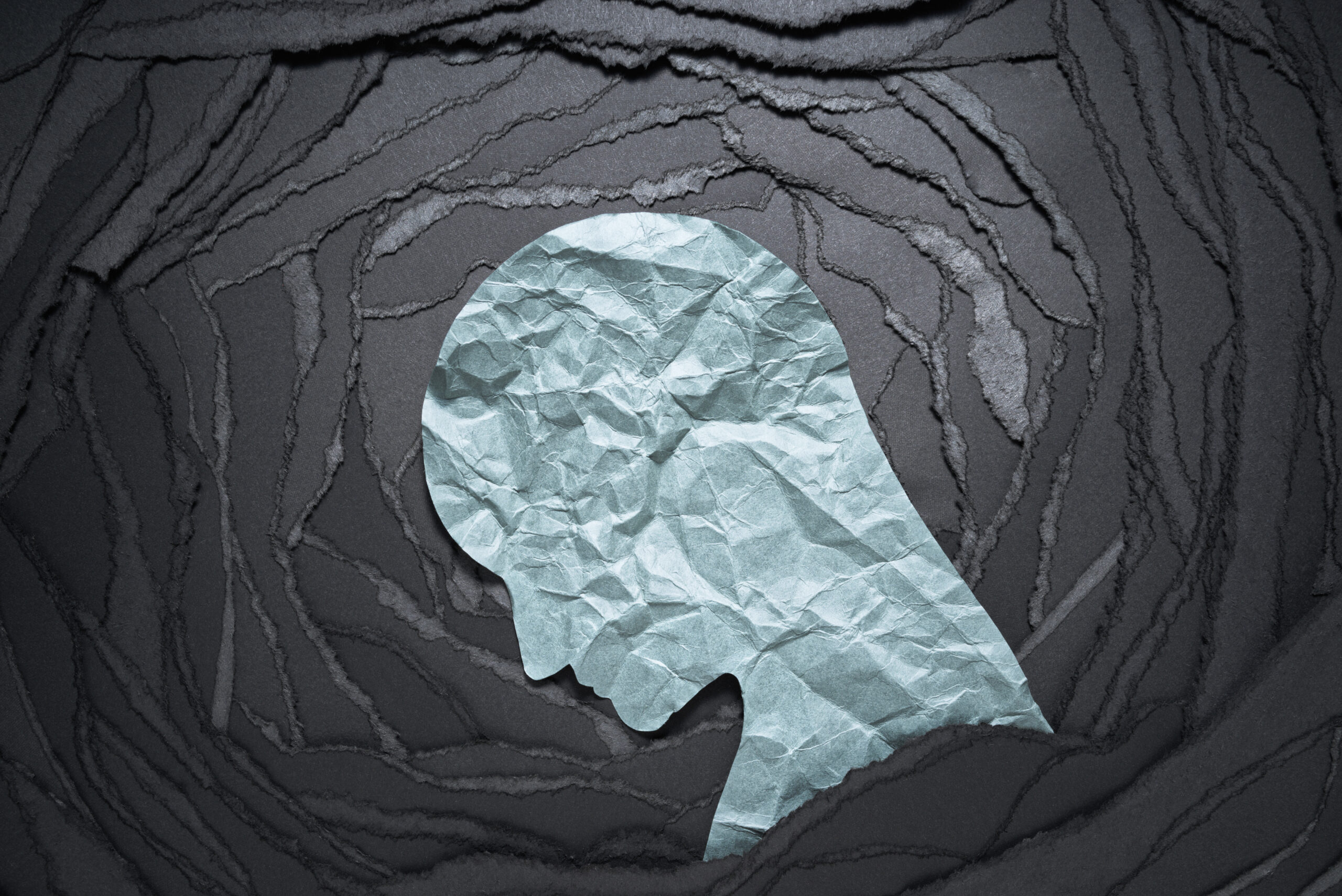Connect with us
Published
3 months agoon

Cannabis and anxiety have a unique relationship. While research has shown that certain types of cannabis, namely low-THC and high-CBD strains, can help to curb and ease anxiety symptoms, many associate the effects of cannabis—especially high-THC strains—with increasing anxiety and avoid it over fears of exacerbating those symptoms.
While research on these topics is still catching up, a new study published in the journal eClinical Medicine provides further insight, specifically surrounding the link between cannabis use (namely higher risk and heavier use) and the development of anxiety disorders. The study is considered the largest study on the subject of cannabis use and anxiety to date.
Researchers used health administrative data from all individuals aged 10-105 years with no previous healthcare visits for anxiety disorders in Ontario, Canada between January 2008 and March 2019 to perform the population-based study—more than 12 million residents.
Using that data, researchers compared the risk of developing an anxiety disorder for those who had an emergency department visit for cannabis use as compared to the general population.
The study found that within three years, 27.5% of individuals who had visited the emergency department for cannabis use were diagnosed with a new anxiety disorder compared to 5.6% of the general population. Within three years, authors also found that 12.3% of those who had visited the emergency department for cannabis use also had been hospitalized or visited the emergency department for an anxiety disorder, compared to 1.2% of the general population.
For individuals with an emergency department visit pertaining primarily to cannabis use, researchers said that the risk of being hospitalized or visiting the emergency department for an anxiety disorder increased 9.4 fold compared to the general population. Authors also note that individuals of all ages and genders with an emergency department visit for cannabis use were at elevated risk of developing new anxiety disorders compared to the general population, with younger people (10-24 years) and men being particularly vulnerable.
“Our results suggest that individuals requiring emergency department treatment for cannabis use were both at substantially increased risk of developing a new anxiety disorder and experiencing worsening symptoms for already existing anxiety disorders,” lead author Dr. Daniel Myran said in a press release.
The study mentions cannabis product potency a number of times, namely that regular use and stronger products have become increasingly more common, in relation to cannabis use that requires emergency department care. Researchers also note that health administration data lacks information on patterns of cannabis use, so it’s not possible to pinpoint the relationship between frequency of use, type and potency of products for the individuals used in the study.
The authors state that the findings suggest “heavy cannabis use may cause anxiety disorders,” so this association—and the focus specifically on cannabis use that requires emergency care—isn’t necessarily in reference to moderate or infrequent cannabis use.
The study also notes that, with the increase in global cannabis use, consumption habits from Canada and the U.S. specifically suggest that “higher-risk” cannabis use, such as regular use and the use of high-potency products, and associated healthcare visits may have accelerated after adult-use legislation and reform became more common.
“Cannabis use has rapidly increased in Canada over the past 15 years and there is a general sense that cannabis is relatively harmless or has health benefits,” Dr. Myran said. “Our study cautions that in some individuals, heavy cannabis use may increase their risk of developing anxiety disorders.”
Researchers also note that the results could be due to individuals with anxiety disorders who have not yet sought professional care and may be self-medicating with cannabis to alleviate symptoms. They also suggest that common risk factors, like genetic predisposition or adverse life effects, could increase the risk of both cannabis use and anxiety disorders.


Study Reveals State Cannabis Legalization Lowers Immigrant Deportation


DEA Challenges Bid To Use Psilocybin Under ‘Right To Try’ Legislation


Vegans Rejoice as Farmers Switch from Chickens to Hemp


Louisiana Legislative Committee Unanimously Passes Adult-Use Cannabis Framework Bill


Louisiana House Bill to Regulate Hemp Products Advances Along With Senate Bill to Ban


Cresco Labs Workers Reportedly De-Unionize
